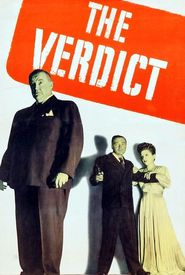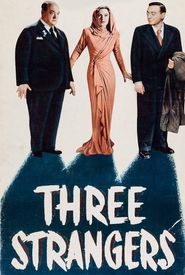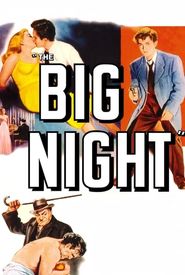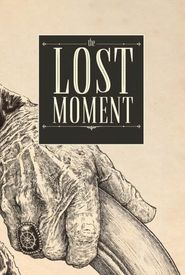Joan Lorring, born Madeline Ellis on April 17, 1926, in Hong Kong, was the daughter of Ania Fred, a Russian Jewish immigrant. Following the outbreak of World War II, Lorring and her mother left Hong Kong to pursue an acting career, settling in California in the late 1930s.
Lorring began her career in radio work in Los Angeles before transitioning to films. Her minor debut at the age of 18 was in the romantic war drama Song of Russia (1944),followed by a small part in the ensemble suspense film The Bridge of San Luis Rey (1944).
In 1945, Lorring won the role of Bessie opposite Bette Davis in The Corn Is Green, earning an Academy Award nomination for Best Supporting Actress. Although she did not win the Oscar, Warner Brothers Studio was impressed with her performance and signed her to a contract.
Lorring went on to appear in a number of film noir parts, including Three Strangers (1946) and The Verdict (1946),opposite Sydney Greenstreet and Peter Lorre. However, her film career declined rapidly by the end of the decade.
In an effort to revive her career, Lorring turned to stage, radio, and small screen endeavors. She made her Broadway debut in the prime role of Marie in "Come Back, Little Sheba" (1950) and continued to appear in strong roles in "The Autumn Garden" (1951),"Dead Pigeon" (1953),and "A Clearing in the Woods" (1957).
Lorring also appeared in several dramatic showcases on television, including an Alfred Hitchcock episode in which she portrayed Emma, the sister of suspected ax-murderess Lizzie Borden. In the 1970s, she made a mini comeback in the Burt Lancaster film The Midnight Man (1974) and performed on radio soap operas and the TV soap Ryan's Hope (1975).
Lorring was married to Dr. Martin Sonenberg, a New York endocrinologist, for many years until his death in 2011. She passed away on May 30, 2014, in Sleepy Hollow, New York, leaving behind two daughters.
































